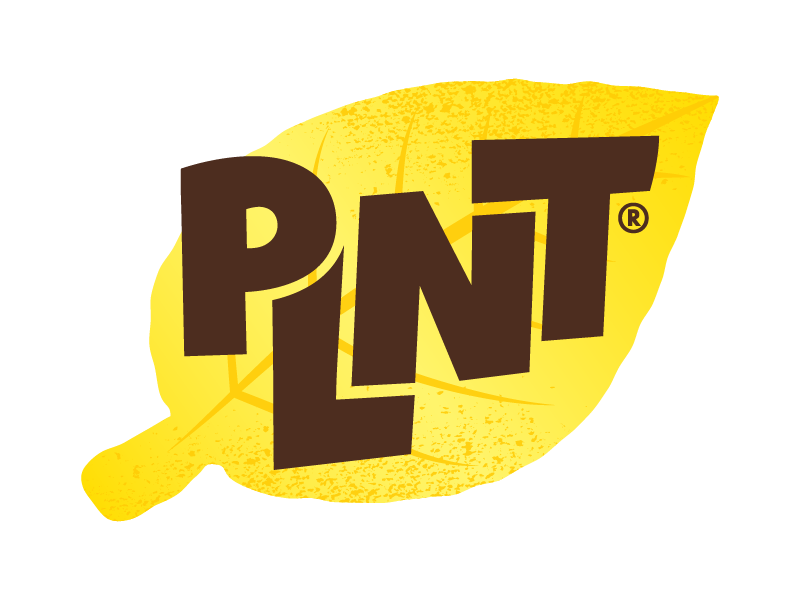After Halal also Kosher certification for PLNT
- Future Food Group

Part of PLNT’s range of 100% plant-based meat successors is now Kosher certified. This comes after the Halal certification acquired last year. Although not the entire range is certified, more products can be added on request. “PLNT is growing, just like the global demand for good quality meat successors. Therefore, this is an obvious next step for the brand.”
Global growth
Obtaining halal and kosher certification is necessary to supply the growing demand for meat successors in non-Western cultures. It’s a logical and necessary step to really keep making an impact globally. The European market for meat successors is saturated, but there are many opportunities in Asia and the Middle-East. Laurens Zandbergen, manager Marketing at Jan Zandbergen Group: “we are doing more business with countries like Israel, home of 45% of Jews globally. We also see a growing interest in our products from countries with large Muslim communities: Saudi-Arabia, The United Arab Emirates and Indonesia, the country with the largest Muslim community in the world. These certifications give consumers and companies there the trust and support they need.”
Getting certified
Acquiring Kosher or Halal certification is a tedious process that can take a long time. First, there is an initial visit from a Rabbinic Coordinator to look at the production process. Then, every ingredient needs to be checked and approved according to Kosher law. “They are very meticulous, so this process of getting 28 PLNT products certified took a lot of time and manpower. We are relieved and proud that it paid off eventually”, says Pauline Billekens, manager QA at Jan Zandbergen Group.
What is Kosher and Halal?
Within the religions Judaism and the Islam, there are certain laws regarding food and drink. If a product adheres to these laws, it is called ‘Kosher’ or ‘Halal’ and it can get certified. For example, there are rules regarding the cleaning fruit and vegetables before consumption. Furthermore, some e-numbers in food are prohibited. For religious Jews and Muslims, these kind of certification is important, because without them it is harder to ensure no prohibited food is consumed.